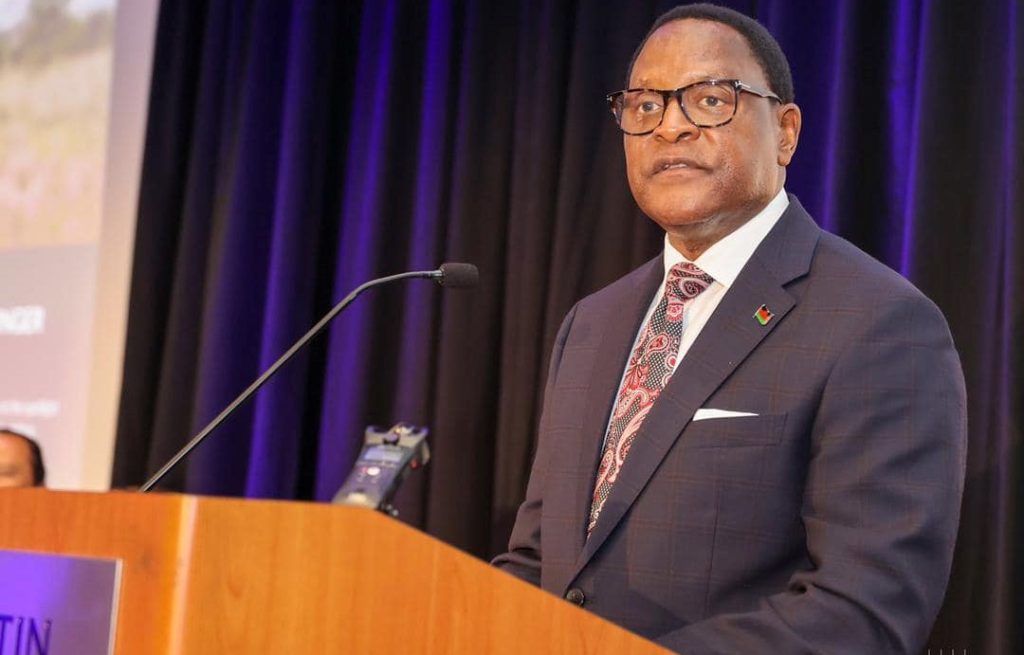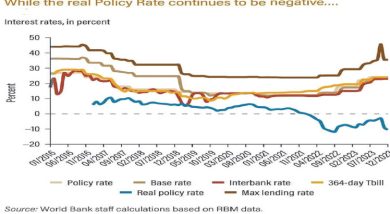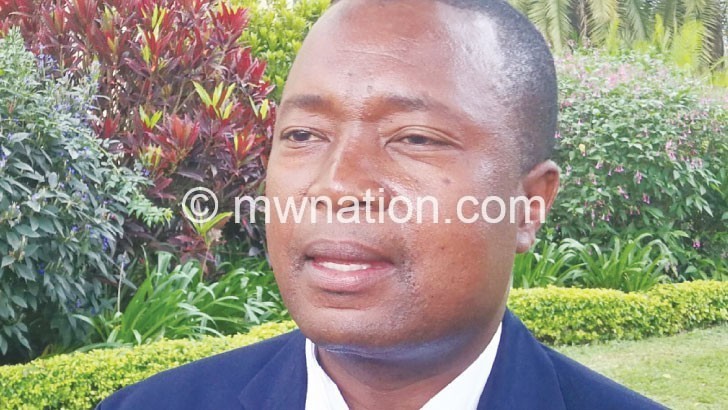Malawi, others secure 5GWBatteryenergy storage systems
Malawi alongside 10 other nations has secured five gigawatts (GW) of energy storage commitments courtesy of the battery energy storage systems (BESS) consortium.
Malawi, Barbados, Belize, Egypt, Ghana, India, Kenya, Mauritania, Mozambique, Nigeria and Togo have emerged first-mover countries of a collaborative effort to secure five GW of BESS commitments by the end of 2024.
This was announced on Saturday at the 2023 United Nations Climate Change Conference (CoP28) by the Global Leadership Council (GLC) of the Global Energy Alliance for People and Planet (GEAPP).
A statement published on the Rockefeller Foundation website says that to achieve the estimated 400 GW of renewable energy needed to alleviate energy poverty by 2030 and save a gigaton of CO2, 90GW of storage capacity must be developed.
GEAPP Africa vice-president Joseph Nganga said their initiatives, including the groundbreaking consortium, are driving real actionable progress even in Malawi.

He said: “In Malawi for example, we are supporting the government to deploy and operate a 20 megawatts BESS project which, by 2030, will improve access and power stability for 3 million people, improve the lives of 450 000 and avoid 20 000 tons of CO2.
Bess are a critical element to increasing the reliability of grids and accommodating the variable renewable energy sources that are needed to power economic development.
The Bess Consortium is a multi-stakeholder partnership set up to ensure these Bess benefits transform energy systems across low- and middle-income countries (LMICs).
In addition to securing 5 GW of Bess commitments in low and middle income countries and deploying $1 billion in concessional finance, the consortium will accelerate project deployment, work to improve the regulatory environment, build a favourable market for BESS, and unlock commercial and public financing.
In a statements of support for the Bess Consortium, President Lazarus Chakwera said Malawi is committed to maintaining a renewable energy generation pathway for a sustainable future. Projects like the Consortium that will make our low carbon pathway a reality.
He said: “Malawi knows first-hand how climate change-induced disasters are reversing years of developmental gains.
“And unless the international community concentrates on investing in resilience-building, economic development, and access to clean energy for the most vulnerable, the global pledge to leave no one behind will be an empty promise. We need more projects like that.” n






One Comment